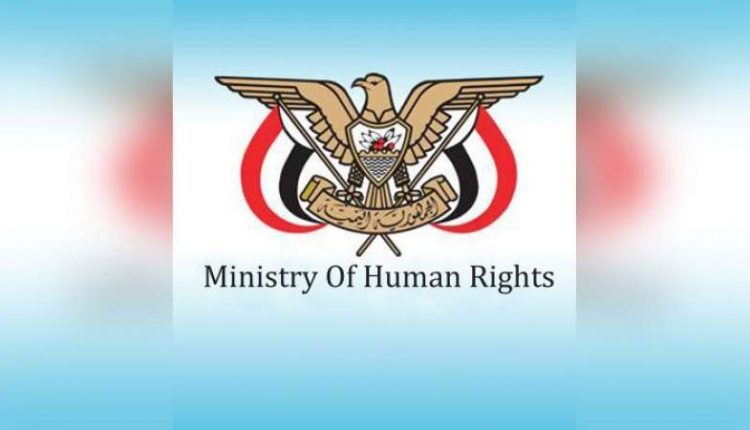Human Rights Office Condemns US-Saudi Mercenaries Crimes, Taiz
Human Rights Office in Taiz Governorate condemned the crimes of US-Saudi aggression and its mercenaries against civilians in the governorate, and the targeting of residential areas.
The Human Rights Office stated that on Tuesday, December 27, 2022, US-Saudi mercenaries injured the 25-year-old citizen, Issa Sultan Qasim, by sniper fire in the Al-Taiziah district.
The statement held the US-Saudi aggression and its mercenaries responsible for this crime, as well as the international community for its continued silence towards these repeated crimes.
It called on all international and local organizations concerned with human rights to assume their humanitarian responsibility, monitor and document these crimes, work to reduce them, and prosecute the perpetrators until they are brought to justice.
Almasirah correspondent stated that a civilian was critically injured, Tuesday, with US-Saudi aggression’s sniper gunshot in Al-Taiziah district in Taiz.
This comes in the context of the continuous violations of the humanitarian and military UN-sponsored truce committed by the US-Saudi aggression and its mercenaries in various provinces.
A UN-brokered truce in Yemen first came into effect on 2 April, and for an initial two months. It was renewed for another two months in June.
The deal stipulated halting offensive military operations, including cross-border attacks, and allowing fuel-laden ships to enter Yemen’s lifeline Hodeidah port and commercial flights in and out of the airport in the capital Sana’a “to predetermined destinations in the region.”
However, in light of UN silence, the Saudi-led aggression was still obstructing flights to the Sana’a International Airport in Yemen’s capital and detaining fuel ships that were headed to the country. The fires of the aggression side did not subside along the fronts, on the borders and inside, including shelling, reconnaissance, development and crawl.
When the period specified for the military and humanitarian truce was nearing its end, the US-Saudi aggression seemed to be in a hurry to adopt the option of extending it for the third time to freeze the battle in Yemen and its economic repercussions away from global energy markets.
The forces of aggression are pushing for an extension, not out of concern for peace, but rather out of fear that the escalation will add more complications to the international scene in addition to the crisis imposed by the Russian-Ukrainian war.
A truce, the positive effects of which have not been felt by the citizens over the past months, despite its broad headlines. Commercial flights to Cairo are still stumbling until today, and the navy of aggression continues to pursue fuel ships without respect for agreements or any regard for international laws and norms.
Double standards regarding the violations of the forces of aggression and its provocative practices is a double UN policy that has brought the crisis in Yemen to its current level of misery and deprivation that has affected everyone far from justice and the realization of the rights of the Yemeni people.
The Supreme Political Council requires, in order to extend the truce, the commitment of the Saudi-led aggression to pay the salaries of all employees and the rest of the services, as a natural entitlement that is not subject to extortion. Before that, the complete blockade of Sana’a airport and the port of Hodeidah must be lifted as a criterion for demonstrating the seriousness and goodwill in the faltering peace process in Yemen.

